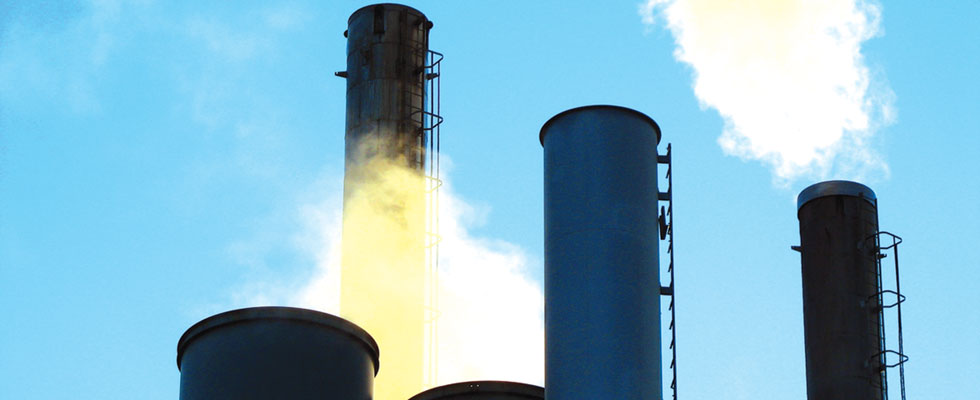
GOVERNMENT has been advised to craft long–term policies that will reverse de-industrialisation and generate employment to cut the poverty cycle.
BY PHILLIP CHIDAVAENZI
Poverty Reduction Forum Trust (PRFT) executive director Judith Kaulem in her organisation’s January Basic Needs Basket Statement, said it was imperative to relax the country’s indeginisation policy so as to attract direct foreign investment that will breathe life into the comatose industrial sector.
“One policy option which remains key and relevant is for the government to make modalities to its indigenisation policy so that it gives the country more room to attract foreign direct investment which is needed to resuscitate industries,” Kaulem said.
She said their research had shown that people from different economic backgrounds – subsistence farmers, salaried workers or self-employed entrepreneurs –derived most of their income from work. Against this backdrop, she said, it was imperative that government supported the private sector because it played a critical role in achieving economic development and economic growth and providing jobs.
She said although they had observed a decline in the prices of basic commodities in January, attributable to several factors which include the introduction of bond coins, fuel price reduction and price competition among retailers, the impact was yet to be really felt.
Their surveys in Mutare, she said, indicated that on average, the price of petrol decreased from $1,52 to $1,32 and from $1,54 to $1,41 per litre in Bulawayo.
“Although the price of fuel has gone down by 8% to 10%, the Basic Needs Basket analysis shows that the effect of this change on the prices of basic commodities is insignificant as reflected by the marginal changes in the average cost of the Basic Needs Baskets in the five urban areas,” she said.
- Chamisa under fire over US$120K donation
- Mavhunga puts DeMbare into Chibuku quarterfinals
- Pension funds bet on Cabora Bassa oilfields
- Councils defy govt fire tender directive
Keep Reading
The basket for a family of five is now pegged at $517,84 in Harare, $470,49 in Bulawayo, $470,51 in Mutare, $518,81 in Gweru and $523,93 in Shurugwi from the November figures of $ 518.68, $470,98, 471,28, $522,05 and $528,47 respectively.
According to the Retrenchment Board, at least 6 960 workers were laid off last as the economy continues to totter, with Zimbabwe Congress of Trade Unions secretary-general Japhet Moyo saying at least 52 companies retrenched workers in 2014.











